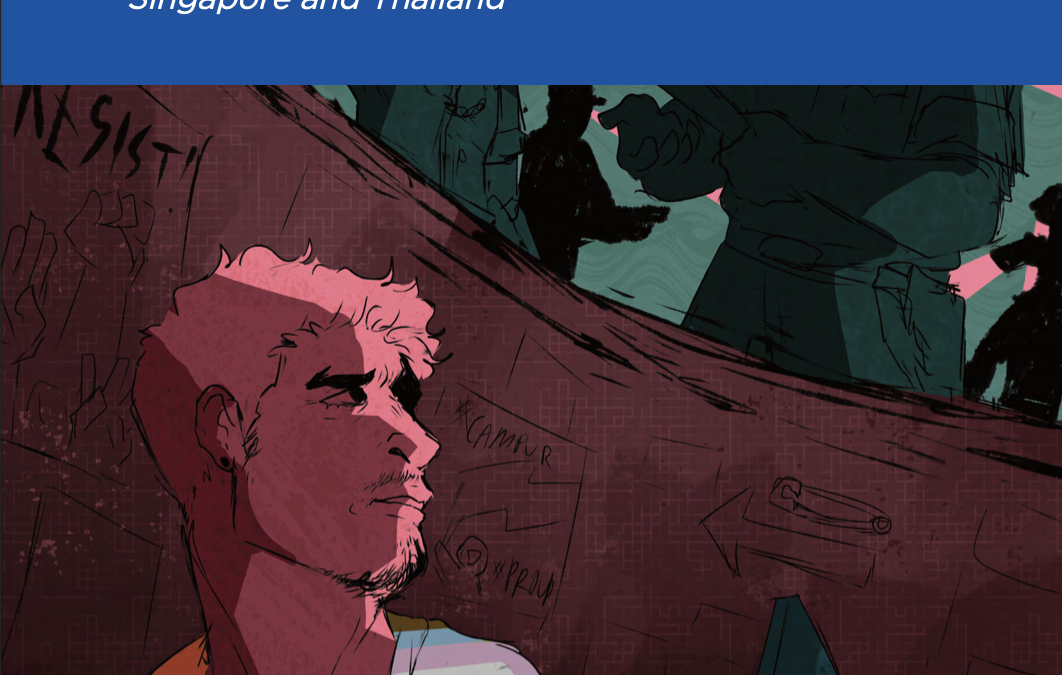
Jul 25, 2023 | Advocacy, News, Publications
The authorities in Indonesia, Malaysia, Philippines, Singapore and Thailand should immediately reform laws, policies and practices that have led to violations of the right of lesbian, gay, bisexual, transgender and gender diverse (LGBT) persons to safely and freely express themselves and access information online, the International Commission of Jurists (ICJ) said in a new report launched today.
The 50-page report, Silenced But Not Silent: Lesbian, Gay, Bisexual and Transgender Persons’ Freedom of Expression and Information Online in Southeast Asia, documents the restrictions and barriers LGBT individuals face to safely and freely express themselves and access information online in Indonesia, Malaysia, Philippines, Singapore and Thailand.
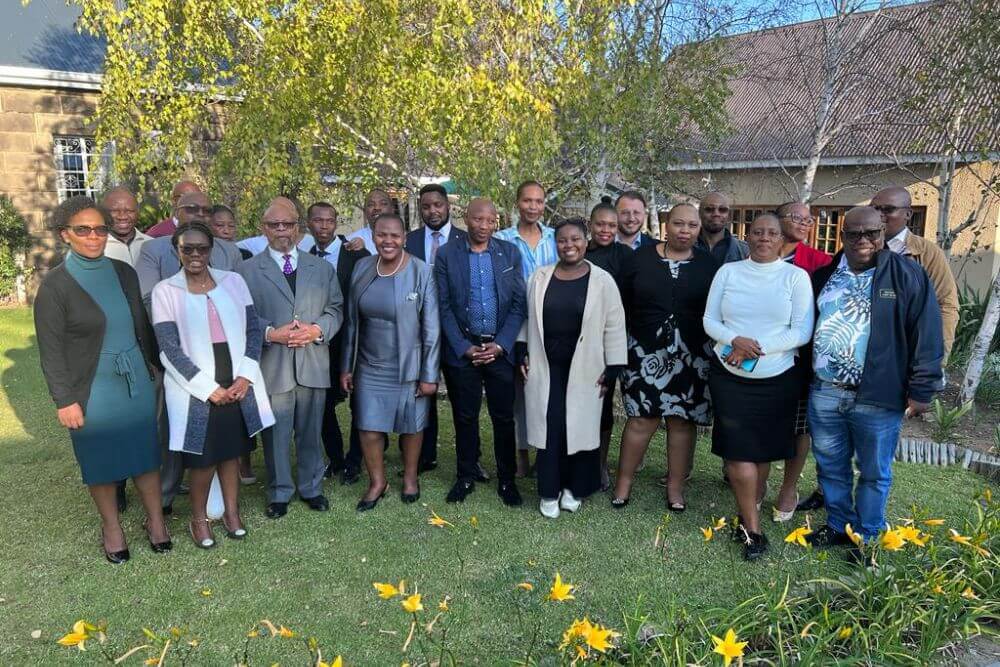
Apr 21, 2023 | News
On 17 and 18 April 2023, the International Commission of Jurists (ICJ) and the People’s Matrix Association held a workshop with the Lesotho judiciary where a range of human rights issues related to sexual orientation, gender identity, gender expression and sex characteristics (SOGIESC) were discussed. The workshop took place in Maseru, the country’s capital, and was aimed at facilitating exchanges among participants, including judges and magistrates, with a view to enhancing everyone’s understanding of the human rights of LGBTIQ+ persons in Lesotho and the challenges they face in accessing justice and effective remedies for violations of their human rights. It was a follow-up to the initial half-day judicial engagement workshop co-hosted by ICJ and OutRight International at the request of Lesotho’s judiciary in October 2022.
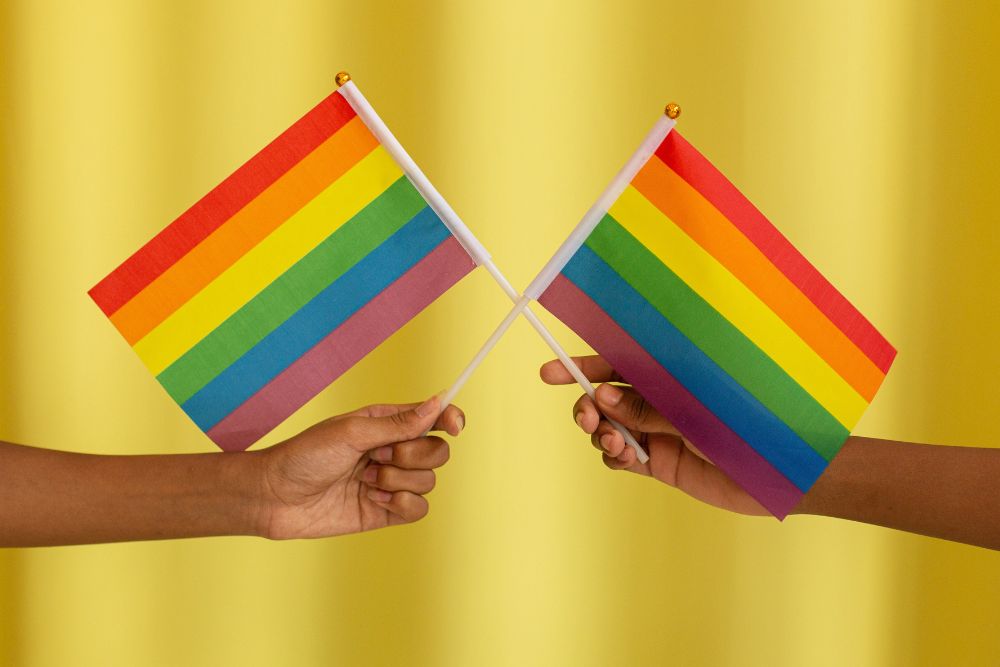
Apr 14, 2023 | News
On 11 April 2023, the International Commission of Jurists (ICJ) convened an online panel of five human rights advocates from East and Southern Africa to discuss the obstacles preventing organizations working to advance the human rights of lesbian, gay, bisexual, transgender, queer and intersex (LGBTQI) people in their countries from registering to operate. The webinar unpacked the advocacy and legal strategies that can, and indeed have been successfully used in some contexts, to challenge discriminatory laws and policies.
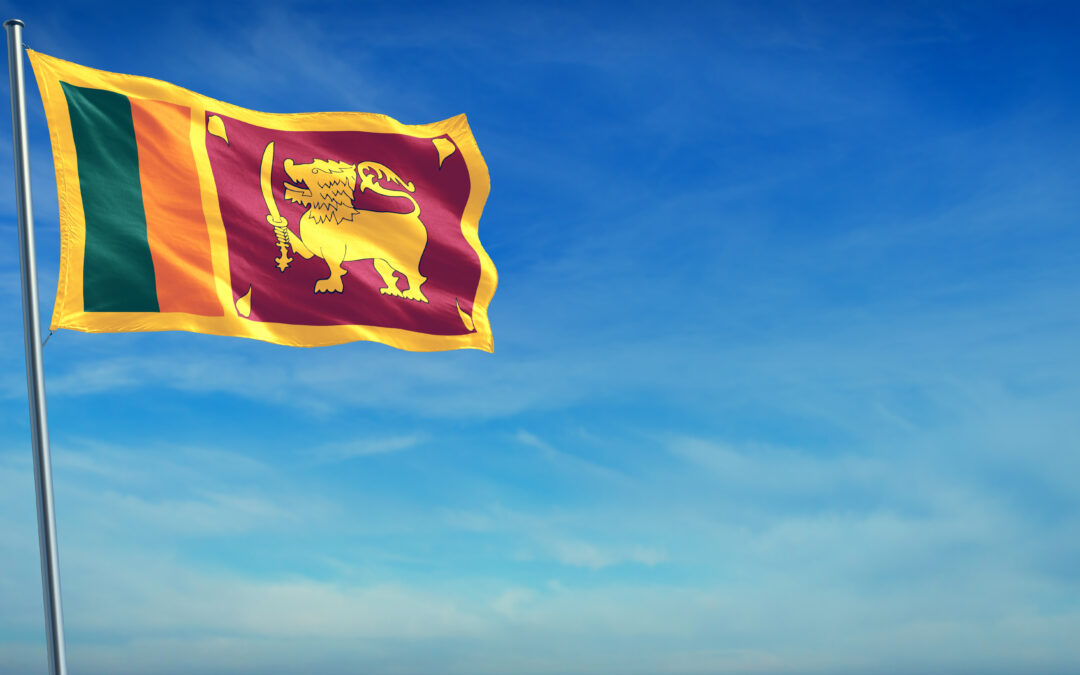
Jun 27, 2022 | Advocacy, News
ICJ joins hands with ILGA Asia, Amnesty International, and Equal Ground to issue a statement on same-sex relationships in Sri Lanka.
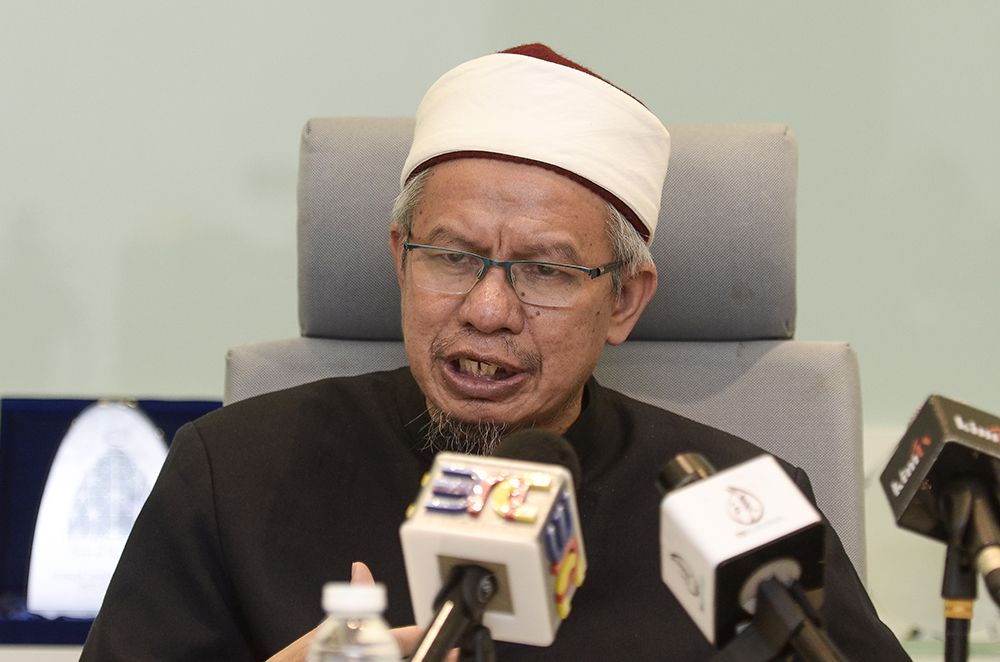
Jul 15, 2020 | Advocacy, Multimedia items, News, Video clips
The ICJ today condemned the order issued by Zulkifli Mohamad Al-Bakri, Malaysia’s Minister in charge of religious affairs, to the Federal Territories Islamic Religious Department (Jawi) to take action against the transgender community.
The ICJ called on the Minister to rescind the order immediately and take steps to ensure non-discrimination and equal protection of all persons in Malaysia, including LGBTI persons.
On 10 July 2020, Zulkifli Mohamad Al-Bakri announced in a social media post that he had given the Jawi authorities “full licence to carry out its enforcement actions” against transgender persons in Malaysia. He elaborated that his order would beyond arresting transgender persons but would also extend to providing them “religious education” so that they would “return to the right path”.
“This unacceptable transphobic and homophobic attack from a government official highlights the societal prejudices and the lack of legal protections against discrimination faced by transgender persons in Malaysia,” said Ambiga Sreenavasan, a prominent Malaysian lawyer and Commissioner of the ICJ.
“Instead of ensuring that the human rights and dignity of all persons are respected and protected, the Minister, through his statement, is going in the complete opposite direction by advocating state action against persons belonging to sexual orientation and gender identity minorities,” added Ambiga Sreenavasan. “The Minister is legitimizing harassment, discrimination and violence against transgender people, and increasing violations of their human rights.”
Across the country in 13 states and the federal territories, a “male” who “poses” as a woman or wears the clothing of a “woman” may be subjected to criminal liability under state-level religious enactments. Consensual same-sex sexual relations are criminalized as “unnatural offences” in both secular civil law and religious state-level laws. These “offences” carry heavy penalties in the form of fines, imprisonment and corporal punishment in the form of caning, which constitutes impermissible cruel, inhuman or degrading punishment under international law and standards.
The ICJ stressed that these laws served to institutionalize systemic discrimination on the basis of sexual orientation and gender identity and expression, while also creating barriers for LGBT people when seeking justice. They provide state authorities with expansive power to police gender identities, expressions and sexual orientations of people.
The ICJ notes that experiences of severe stigma, marginalization, and violence committed by families, communities, and State actors lead to immense health risks and mental health disparities of transgender individuals.
The ICJ is also deeply concerned about the Minister’s plan to require members of the transgender community to undergo religious conversion therapy. Numerous studies have shown how religious conversion therapy and related practices are causing real harm not only to transgender people, but also to lesbian, gay, and bisexual individuals.
The ICJ calls on the Government of Malaysia to abide by its obligations under international law and follow through with its commitment to human rights, by ensuring that transgender people and all persons are legally protected against discrimination, and that they are able to live free from prejudice, harassment, and violations of their human rights.
Contact
Emerlynne Gil, ICJ Senior International Legal Adviser, e: emerlynne.gil(a)icj.org
Background
In 2019, the Human Rights Commission of Malaysia (SUHAKAM) released a report on Transgender Persons in Kuala Lumpur and Selangor. Many of the transgender people interviewed for this report said that they constantly face arbitrary arrests, discrimination in obtaining employment, and even discrimination in obtaining housing because of their gender identity. A large majority of those interviewed experienced violence because of their gender identity.









